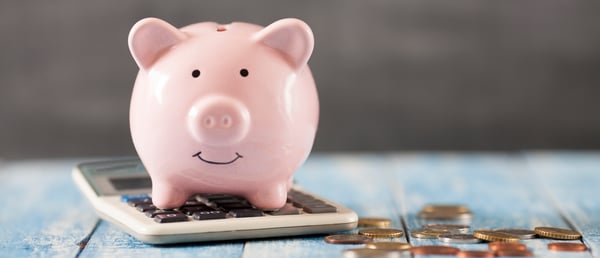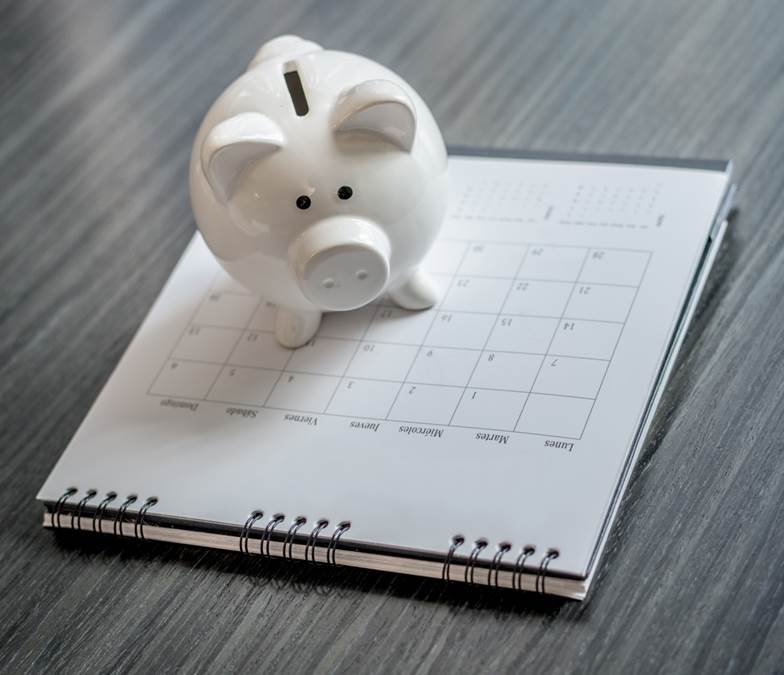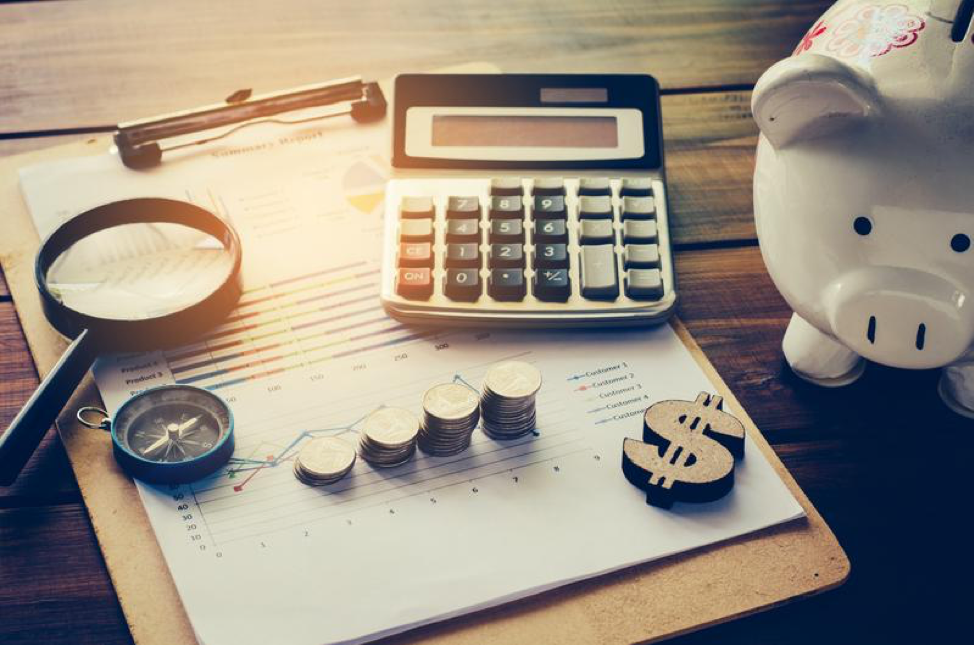The Difference Between Saving and Investing
Ask almost anyone if they know there’s a difference between saving and investing and they’ll say yes. Ask them if they know what that difference is,...
2 min read
![]() First Alliance Credit Union
:
Dec 31, 2019 6:27:00 AM
First Alliance Credit Union
:
Dec 31, 2019 6:27:00 AM

Saving money is tough. In fact, as humans, we're wired to take care of our needs now, and worry about later...well, later. Putting resources away for a rainy day actually goes against our natural urge to make decisions based on what's in front of us right now. Here's a few tips for making saving a little bit easier.
One reason it's hard to save money is that once you've paid all your bills, there may not be very much left in your paycheck. Take a closer look at what you are paying for: Are you spending your income to pay down a credit card balance? If you are, that means you are paying back what you borrowed, plus interest. The longer you carry the balance, the more it costs in interest. You will save the most money by starting to pay as much extra as you can on your highest-interest debt first, and then once that's paid off, move on to your second-highest interest debt, and so on.
Most people spend their money first on bills, then on fun, and then on savings. Decide how much you can put into savings and set yourself up with an automated payment. You can set up automatic transfers to a savings account, or you can even set up your direct-deposit to put a portion of your paycheck into savings every pay day. Begin with an amount you can afford to put into savings, and take a look at your big-picture plan to set your savings goals in the long term.

Set a reminder a few months out to re-evaluate your budget and see if your savings amount should be adjusted. This is also a good time to look at the goals that you set for yourself. Are they still important to you? Are they realistic? Are you on track? Setting milestones and realistic goals will help encourage you to continue with your efforts towards financial wellness.
An emergency savings fund can make a life setback a lot easier to handle. A general rule of thumb is to set aside three months' worth of living expenses in your emergency fund. This buys you some time, if something did happen, to be able to make adjustments, replace lost income by finding another job, or to find a financing or credit/borrowing option with interest rates and terms that for you.
Remember that you don't need to set aside three months; worth at once. Start with what you can. It's important to get into the habit of prioritizing your savings and to begin making progress. You don't have to bite off the whole goal all at once.
We have a ton of helpful resources to get your started, as do our partners at GreenPath. We encourage you to explore these tools.

Ask almost anyone if they know there’s a difference between saving and investing and they’ll say yes. Ask them if they know what that difference is,...

Setting a savings goal can be difficult, especially when you're not sure where to start. Often, we end up setting our goals too high and they're...

It is never too soon to start saving for events that occur later on in life such as retirement. In fact, if you wait too long, it is simply not...